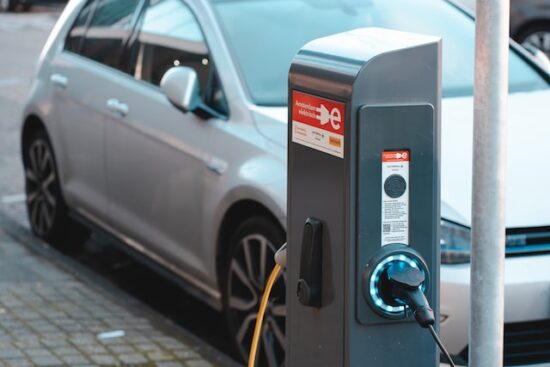Electric motors are much more efficient than petrol and diesel engines, but problems arise during charging.
The energy losses of gasoline and diesel engines are quite large and this refers mainly to thermal energy.
But even electric cars are not without losses.
Electric motors are much more efficient, but problems arise during charging.
The consumption of electric cars does not consist only of the electric energy that the vehicle consumes for movement while driving.
Also, you should take into account the so-called charging losses, that is, the electricity that is paid during charging, but that does not reach the car’s battery.
This loss is not the same for all vehicles.
Experts from the Austrian Auto Club (ÖAMTC) analyzed four vehicle models and the result showed that losses during charging of electric cars can be up to ten percent.
Charge losses occur at various points in the chain between the charging station, the charging cable and the vehicle, and most of it is lost when converting AC from the grid to DC for the batteries.
According to the study, this is one of the reasons why public sector DC chargers tend to cost more than AC chargers. DC charger operators would eventually pass on the conversion losses to the end customer through a higher price.
When charging with alternating current, the necessary conversion takes place only in the vehicle, in the so-called on-board charger (OBC).
According to the study, those losses in OBC were about seven to nine percent, depending on the quality and efficiency of the vehicle charger.
If the entire chain of losses in the process is considered, the study shows that there is a charging loss of about ten percent when charging with alternating current.
During AC charging, the Peugeot suffered the highest percentage of charging losses, 4.59 kWh accounting for 9.92 percent.
The Hyundai lost 8.79 percent (6.68 kWh), the VW 8.25 percent (4.84 kWh), while the Tesla Model 3 charger was the most efficient with a loss of 6.69 percent (at 4.84 kWh).
The Hyundai was the most efficient overall when it came to DC charging.
The loss on the charger side was 5.66 percent, and that of the car 0.41 percent.
Tesla was second here with 6.09 percent or 0.46 percent, VW was third with more with 8.07 percent on the grid side and 2.55 percent on the car side, and Peugeot was also last here with a loss of 9.02 percent in the charging station and 3.56 percent in the car itself.





